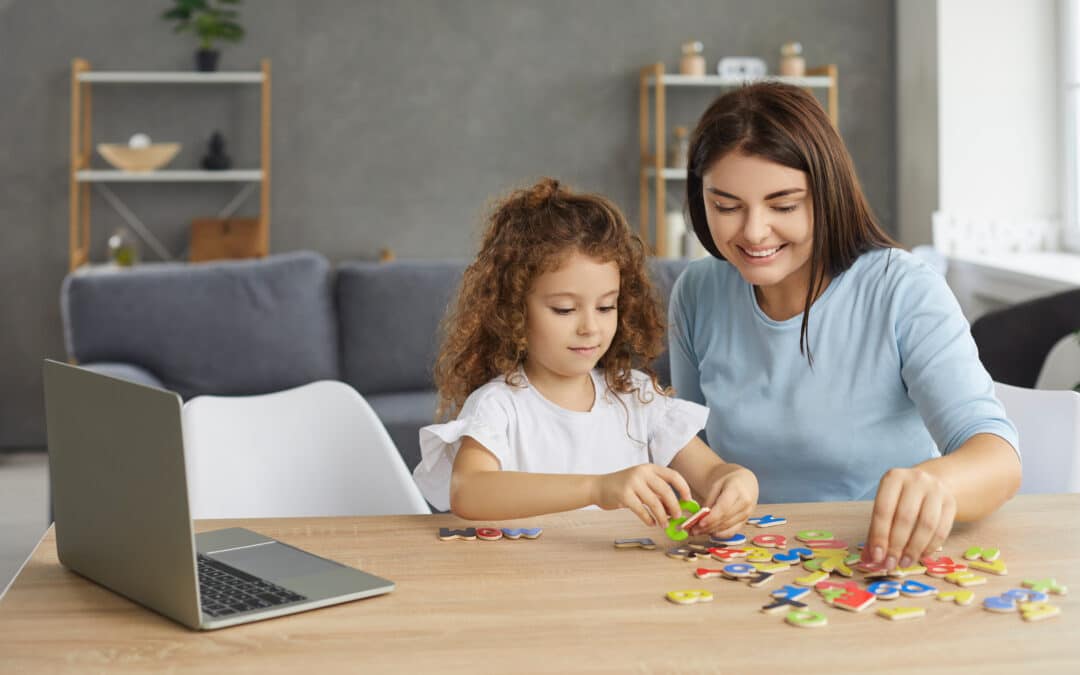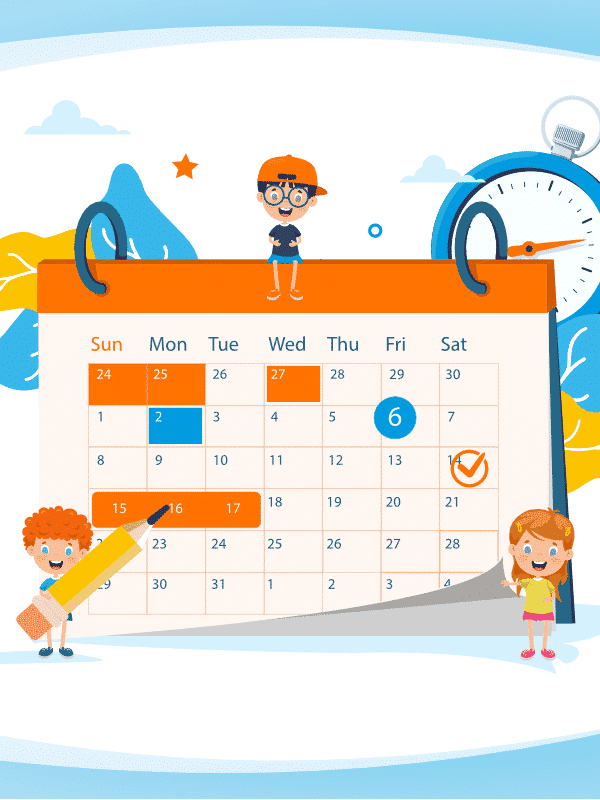Is it necessary for kids to learn a second language? Is it truly beneficial for my children to learn another language if they’re already native English speakers? After all, it is one the most spoken languages in the world, right? How do they learn better? Is it true that language learning is easier when you’re a kid?
These are just a few of the questions you or many more parents might be asking yourselves. Especially if you’re considering enrolling your kids in language classes. That’s why in this blog we’re discussing the truth about kids learning a second language. In case you are still not sure about giving your children that opportunity, or how to do it.
It’s Better to Start Learning Languages as a Kid
A lot of people ask themselves what’s the best age to learn a second language. You might think that it’s easier for adults to learn a new language. Because their reasoning is fully developed and they’ve already passed school. But that’s not really true.
Actually, it’s easier for kids to learn a second language. That’s because they’re building neural pathways. So, they’re absorbing everything. Babies are also able to hear all the different sounds for all the existing languages. And once we grow up, we lose that ability and it’s more difficult to hear the differences in pronunciation between languages. Because we’ve just accustomed our brain to the sounds of our native language; we never made it learn other sounds.
So, while it’s not impossible for adults to learn a second language, it’s better if they start as kids. Children will be able to pronounce correctly, have a native accent, and speak fluently. Sure, maybe their vocabulary won’t be too big at first, but they’re going to have the foundations and little by little they’ll improve. Just like they did with their first language.
How Do Kids Learn Languages Better?
Immersion is the best method for kids to learn a second language. This means that children learn within an environment where their target language is all around. Their teachers speak in the language they’re trying to learn. The common academic subjects are taught in that language. The rules are explained in that language too, and so on.
Immersion is also about playing and doing all kinds of activities in that language. So kids can learn by singing, watching cartoons, making arts and crafts, cooking and more.
This is because of what we explained above: kids are absorbing everything. So, if they hear the teacher talk in a particular language, they’ll eventually imitate the sounds and words. And will learn it without even noticing.
Immersion is just how they learned their native language. Think of yourself: your parents and loved ones talked to you in your first language. You listened, and paid attention to your surroundings. You were absorbing. Then, you started imitating the sounds. You said your first words. And then you went to school to learn how to read and write. You lived in an environment where you were constantly surrounded by your native language. So if it happened like that with our mother tongue, why not take advantage of that method to teach our kids their second language?
With immersion they do more than learn a language; they acquire it.
Benefits Your Kids Will Get From Learning a Second Language
You might think that because your children speak English, or another popular language, they don’t need to learn a new one. But, in fact, there are many benefits they’ll get from a second language.
- Higher education. If you enroll your kids in language classes, you are giving them the opportunity to get into a great school. From elementary schools’ dual language programs to great colleges and universities.
- Great jobs. Bilingual kids develop proficiency in their second language, and that looks amazing on their curriculums. This could allow them to have future prolific careers, from getting a raise to working abroad.
- Making friends. Let’s be honest, something kids love is to have friends to play with. And they can have more friends if they know another language because, then, they can speak to their foreign classmates. Or play with their international neighbors.
- Develop cultural sensitivity. We live in a globalized society; there are many immigrants and expatriates around the world. And, oftentimes, they want to learn a new culture and also share their one. Sadly, there’s a lot of disrespect for foreign people. Your kids will become better citizens and people as soon as they learn how important and interesting all the cultures are. Plus, they’ll be enriched by them.
- Better cognitive skills. Learning a second language has a big impact on your kids’ cognitive skills. They’ll focus better, learn to multitask, and improve their problem-solving skills, memory and creativity.
How to Help Your Kids in Their Language Learning Journey
Even if your kid is taking second language classes at school, you have to make sure they keep practicing afterwards. It’s no problem if you don’t know the language, there are still some things you can do to help them.
You can play some children’s songs in their target language. This will make them absorb new vocabulary and listen to the proper pronunciation. You can put some Netflix or Disney+ movies or children shows in their target language. If they are beginners, use subtitles to help them follow the story. And if they’re just learning how to read, make them read to you their favorite short stories in their target language. If the books have pictures it’s better because they can see how the objects and descriptions in the book look like in real life. This will help them gain vocabulary and learn how to write the words.
If the language they’re learning is Spanish, enroll them in the TruFluency Kids Spanish Immersion Program. We have fun classes full of activities in Spanish because we know that kids learn better when they’re having fun. So we’ll put them to sing, play games, read stories, make arts and crafts, and even cook in Spanish.
We will also make them speak in Spanish in every class. Because we want them to learn to communicate in Spanish, and become fluent in it.
And all of our classes are completely online with flexible schedules. So your kids can study with us no matter where they are. Sign up for the next 4-week session, and give your kids the chance to become bilingual.


